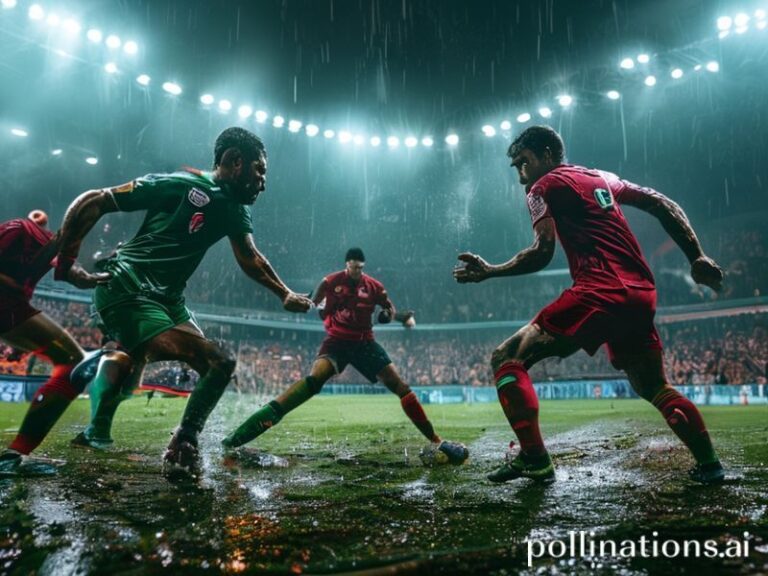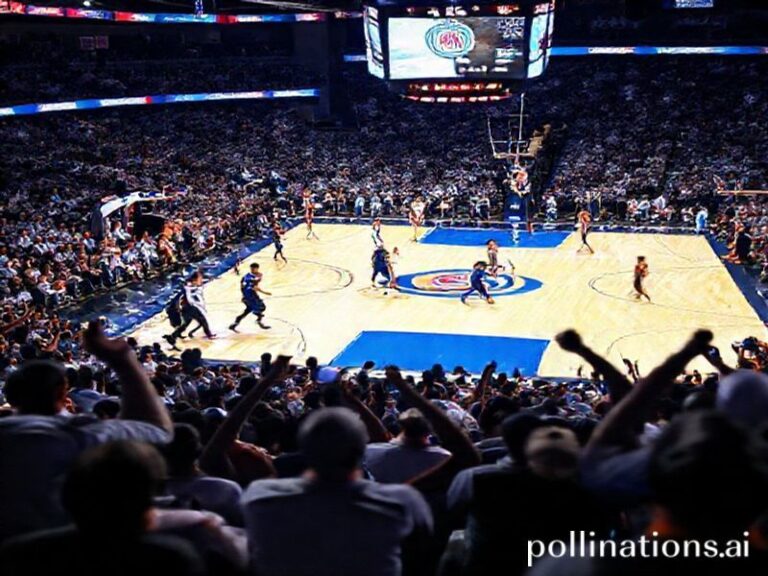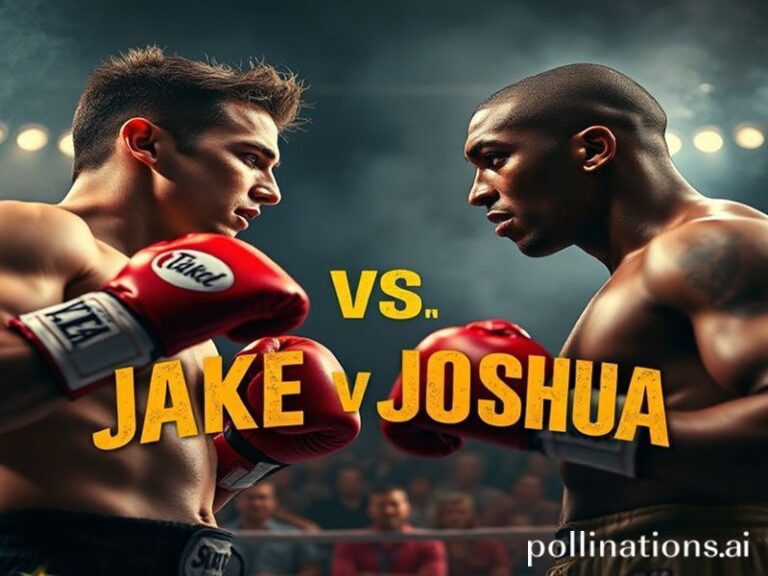milan – lecce
Milan–Lecce: How a Provincial Football Fixture Quietly Explains the Collapse of Western Civilisation
By Dave’s Locker, International Affairs Desk
Somewhere above the Po Valley, the private jet of a Singaporean hedge-fund manager banks left so its owner can catch the last 20 minutes of Milan vs Lecce on the in-seat screen. Below, a Tunisian fruit-picker on an expired seasonal visa squints at the same match on a cracked smartphone in a Lecce olive grove, wondering if the extra €30 he wagered via a Maltese crypto-bookie will cover his mother’s diabetes meds back in Sfax. Same game, same planet, same late-capitalist circus—only the altitude changes.
On paper, the fixture is merely Week 34 of Italy’s Serie A, a mid-table shrug between fashion-capital aristocrats and southern underdogs who still list “avoiding relegation” as a KPI. Globally, however, the 90 minutes are a neat MRI scan of the world’s current pathologies. Milan’s squad alone features players whose passports read like a UN roll-call curated by a branding agency: US private-equity ownership, Canadian goalkeeper, Portuguese tactician, Moroccan centre-back who speaks better French than Emmanuel Macron, and a Nigerian winger whose Instagram endorsements prop up a Lagos fintech startup. Lecce counter with a Slovenian playmaker whose wages are routed through a Dublin shell company to keep the taxman pleasantly confused. You can almost hear the offshore accountants humming the Champions League anthem.
The geopolitical subplot is delicious. Qatar Airways sponsors Milan’s sleeves—soft-power laundering at 30,000 feet—while Lecce’s kit is emblazoned with the logo of an Apulian olive-oil cooperative currently suing the EU over climate tariffs. Somewhere in Brussels, a Eurocrat sneezes. Meanwhile, the referee, a part-time VAR consultant for a Saudi Pro League that exists mainly to distract from bone saws, checks the pitch-side monitor with the weary expression of a man Googling his own pension prospects.
Economically, the game is a leveraged metaphor. Milan’s revenue model relies on selling retro shirts in Jakarta and NFTs that promise “unique digital ownership” of a moment that 2.7 million people just pirated. Lecce, meanwhile, balance the books by flipping academy kids to Premier League B-teams, a human supply chain that makes the old triangular trade look quaintly two-dimensional. When the stadium announcer thanks “our global fan family” in four languages, you half expect Xi Jinping to wave from the executive box.
Environmental note: the match is certified “carbon neutral” because the club bought offsets from a reforestation project in, naturally, Albania. Albanian forests are the new Swiss bank accounts—opaque, fungible, and conveniently hard to inspect by drone. The fans, herded through turnstiles that recognise their faces but not their existential dread, clutch single-use cups made from cornstarch that will outlast the Republic itself.
Then there’s the spectacle of hope. A Lecce equaliser in the 73rd minute triggers pitch-side pyrotechnics that violate at least three EU safety directives. In response, Milan’s supporters unveil a tifo depicting Leonardo da Vinci dabbing—an image simultaneously blasphemous, derivative, and worth 3.4 million TikTok views. The algorithm does not care about your Renaissance; it cares about engagement, and nothing engages like the slow-motion replay of human folly.
As injury time wheezes into its eighth minute—because nothing says “global standardisation” like arbitrary stoppage—the score remains 1-1. Everyone wins, or more accurately, no one loses enough to matter. Milan stay on track for Europa League qualification, a competition named after a continent but bankrolled by Gazprom’s frozen assets. Lecce secure the point that mathematically guarantees another year of top-flight television money, which is to say another year of pretending the provincial can still compete with the planetary.
The final whistle blows. The hedge-fund manager closes his laptop and orders another prosecco. The Tunisian picker reloads a betting app that promises “instant withdrawal” and delivers nothing but push notifications. In the mixed zone, journalists ask players how they feel about “the bigger picture.” They reply, on cue, that football is “the most important of the unimportant things,” a phrase so perfectly meaningless it could be tattooed on the IMF headquarters.
Somewhere, a server farm in Iceland hums louder, storing every offside decision for eternity. The world spins. Civilisation teeters. But at least the VAR check was conclusive.







